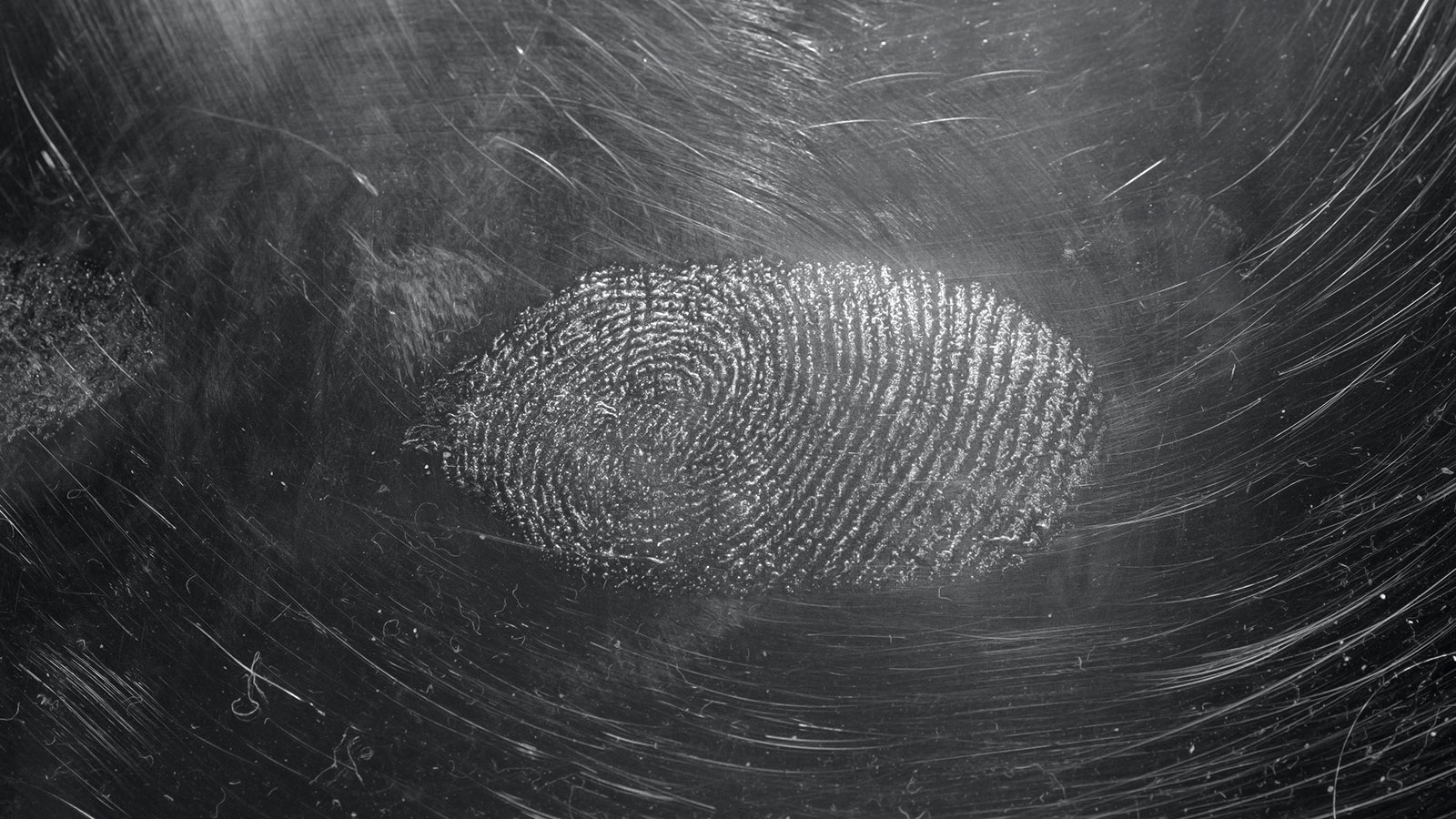As a property owner, your guests’ safety is of utmost concern, both for your liability concerns and for your guests’ general well-being and satisfaction. Are fingerprint door locks safe? Can the fingerprint technology be misused or bypassed? Learn more.
You strive to keep your property clean and free of tripping or slipping hazards. You take security measures such as closed-circuit cameras and even security guards. You adopt the latest technology for locks on your rooms and privacy areas.
Then along comes a pandemic that casts a new layer of safety concerns, requiring extra cleaning and sanitation measures throughout your hotel, hostel, bed and breakfast, or Airbnb space during COVID-19.
These new and necessary safety measures may have created another problem. Maybe you installed fingerprint recognition door locks to add a biometric level of security. What would have been a good idea a year ago has suddenly turned into a legitimate health risk. What can you do if you have them?
The Risk of the Touch
Fingerprint recognition technology has become common where access to certain areas must be restricted, such as in hospitals and nursing homes, research facilities, and even manufacturing plants. Many workers give up their biometrics every day when they “punch” the time clock to start their jobs.
It’s also become the universal method for accessing our smartphones and is becoming more prevalent on our vehicles.
But in the hospitality industry, we have to be concerned about whether we are opening up our guests to the spread of germs and viruses when we require them to place their fingers on a scanning pad.
The novel coronavirus that causes COVID-19 has proven to be quite resilient when left on many surfaces, with the ability to survive for hours or days on solid surfaces such as stainless steel or glass.
In a report on the risks for coronavirus transmission on fingerprint scanners, JMIR Publications notes a study by Kramer and Assadian in 2014, long before this current coronavirus began haunting us. The report showed that some contagions, such as E. coli and salmonella, transfer from surfaces to skin 100% of the time. The rhinovirus transfers 61% of the time.
We’ve been warned frequently during the pandemic not to touch uncleaned elevator buttons or doorknobs, so imagine how much worse a biometric fingerprint scanner could be. To activate a scanner, you must leave your finger in contact long enough for the device to establish its comparison standards. Because the scanner must detect the ridges and contours of the finger, users cannot use gloves or a tissue to lessen contact.
Transmission of the virus can be lessened by washing our hands or using hand sanitizer before and after contact with the surface. Unfortunately, a property owner cannot be reliant on the conduct of their guests to avoid infecting others or themselves. Your guests may be lackadaisical about their cleaning routines, but you can’t afford to be.

The Greatest Risk from Fingerprint Recognition Locks
If you already have installed fingerprint recognition locks, you’ll want to assess how much risk you are creating compared to other types of door locks.
The first question: Where are the locks? Locks into individual rooms will carry the least risk compared to locks that enter the main doors or common areas, such as pools, gyms, or meeting rooms.
This makes sense in that a lock that will be touched only by the people staying in a private room won’t carry much risk of cross contamination – except for maybe your cleaning staff, perhaps.
In public locations, where many people are likely to use the scanners, you can reduce your liability by providing sanitizing wipes or hand sanitizers for use before and after using the scanners. Frequent staff cleaning and sanitizing also could reduce the risk of pathogens living on the scanners for long periods of time.
One drawback to all of these safety measures is that they could affect the accuracy of the scanners if chemicals or oils build up on the surface of the scanner. This is another good reason for frequent staff cleaning of high-use scanners, but it also places a heavy burden on both your staff and your guests. No cleaning routine, no matter how thorough, will be carried out 100% of the time.

Security Concerns Beyond the Pandemic
Security concerns for biometric identification can go beyond the pandemic. Depending on where and how this biometric information is stored, security experts caution about guarding this information.
If a password is compromised, it’s pretty easy to change it. But you cannot change your fingerprints, facial features, or retina. If nefarious actors acquire this data, it could haunt your guests for years to come.
Therefore, as a property owner or manager, it’s important you understand how your fingerprint recognition data is obtained and stored.
The most secure option, like those on smartphones, are ones where the data is stored on a single device that doesn’t access the Internet. If you have fingerprint scanners on individual rooms where the data is stored only on the lock and wiped when the guest’s stay is concluded, the data collected by the device should be safe.
If your system allows your guests to use their fingerprints to access multiple locations, you should understand how this is accomplished.
The safest systems are those that take the fingerprint signature and convert it into a code that is sent out to the various devices. This ensures the individual’s biometric data is not transmitted through the Ethernet, but only kept in one secure location.
A system that transmits the biometric data through your property’s hard-wire system could be considered safer than one that transmits data via the cloud. Data that will be transmitted via Wifi or Bluetooth could be even riskier.
Protect Your Property
If you already spent a great deal of money installing fingerprint recognition locks on your property, you’ll certainly want to evaluate the risk factors for both viral transmission and cybersecurity threats as you move forward. You’ll want to take the steps necessary to mitigate risks created by these devices.
The most secure lock system is one that provides a completely contactless entry system and is 99.9 percent germ free. Goki provides such a system. Click on the button below to learn how our 100% touchless locks can protect your guests’ safety and reduce your liability.



